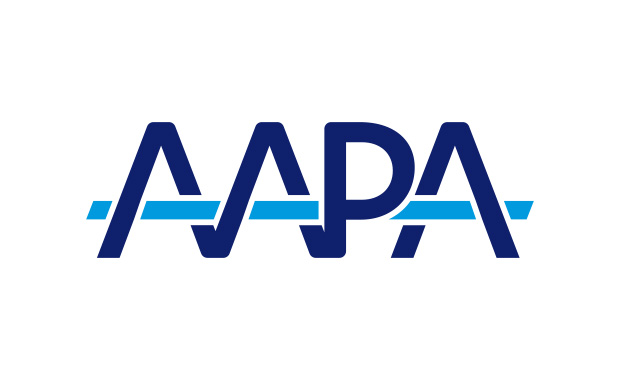What Your Patients and Healthcare Colleagues Should Know About PA Title Change
New Title Highlights Care PAs Provide and Connection with Patients
October 25, 2021
AAPA’s House of Delegates voted to change the profession’s title to physician associate last May. Since then, AAPA has been developing resources that demonstrate how title change provides clarity on PA value and the role of PAs in the delivery of healthcare.
PAs should continue to use “physician assistant” or “PA” as their official legal title in a professional capacity, particularly in clinical settings and with patients, until their state has formally adopted the title of “physician associate.” AAPA is transitioning to use “physician associate” when possible and when it does not present a legal or regulatory conflict. See TCI FAQs for more information.
Here are some common questions PAs might receive about title change.
Why is title change good for patients and the healthcare system?
Excellent healthcare starts with a human connection and strong personal relationships. PAs are rigorously educated medical professionals who are dedicated to providing quality care to their patients. And they understand that trust and connection begin with the first encounter with their patient; when they introduce themselves as a physician associate, the title will evoke clarity about the care they will be providing and the relationship the two will be building.
The value PAs bring to the U.S. healthcare system is undeniable, evidenced by their frontline service during the COVID-19 pandemic. As highly respected medical professionals PAs are essential in delivering high-quality, team-based healthcare. It is in the best interest of patients and the healthcare system for PAs to hold a professional title that ensures clarity about the work PAs do. The new title – physician associate – directly addresses the common misperception that PAs merely “assist” physicians. They do so much more!
We know that in medicine, accuracy and precision are critical to positive outcomes. AAPA strongly believes the profession’s title must accurately reflect the responsibilities of PAs in all medical settings – caring for patients, developing treatment plans, and prescribing medications.
[Enjoy all the perks of AAPA membership – join or renew today]
Patients deserve to understand how PAs participate in their healthcare. A more accurate title will improve that understanding and lead to better patient experiences.
Does title change impact PA scope of practice?
No. Changing the profession’s title does not change what PAs do or impact a PA’s scope of practice. PAs know what their scope of practice is; they are educated to recognize when circumstances call for consultation, collaboration, and/or referral. PA scope of practice is based on the PA’s medical education and experience, state law, policies of employers and facilities, and the needs of the patients at the practice. As teams decide on clinical roles in a practice, the needs of patients and the education, experience, and preferences of the team members shape these roles.
PAs are united with their healthcare colleagues by the shared mission of providing safe, effective, high-quality care to all patients. Committed to patient-centered, team-based care, PAs partner with other healthcare professionals to deliver the best patient outcomes. This commitment to a team-based model can only benefit patients when each individual team member’s experience and expertise is fully engaged.
Can PAs start calling themselves “physician associates” now?
PAs should continue to use “physician assistant” or “PA” as their official legal title in a professional capacity, particularly in clinical settings and with patients, until their state has formally adopted the title of “physician associate.” AAPA’s legal counsel, Foley & Lardner LLP, recommends that PAs refrain from representing themselves as “physician associates” at this time.
Implementing professional title change is complex and challenging and will take many years to complete. There are innumerable considerations that require thoughtful due diligence to ensure we do not jeopardize any aspect of implementation. We are proceeding judiciously to ensure the profession does not appear to be out in front of state and federal legislatures and regulators. The next few years of work will be critical and must be strategically undertaken.
Learn more about Title Change on AAPA’s website: Title Change FAQs.
You May Also Like
Title Change Timeline
AAPA Provides Update on PA Title Change and Brand Development
AAPA Responds to National Medical Organizations
AAPA House of Delegates Votes to Change Profession Title to Physician Associate
Thank you for reading AAPA’s News Central
You have 2 articles left this month. Create a free account to read more stories, or become a member for more access to exclusive benefits! Already have an account? Log in.



